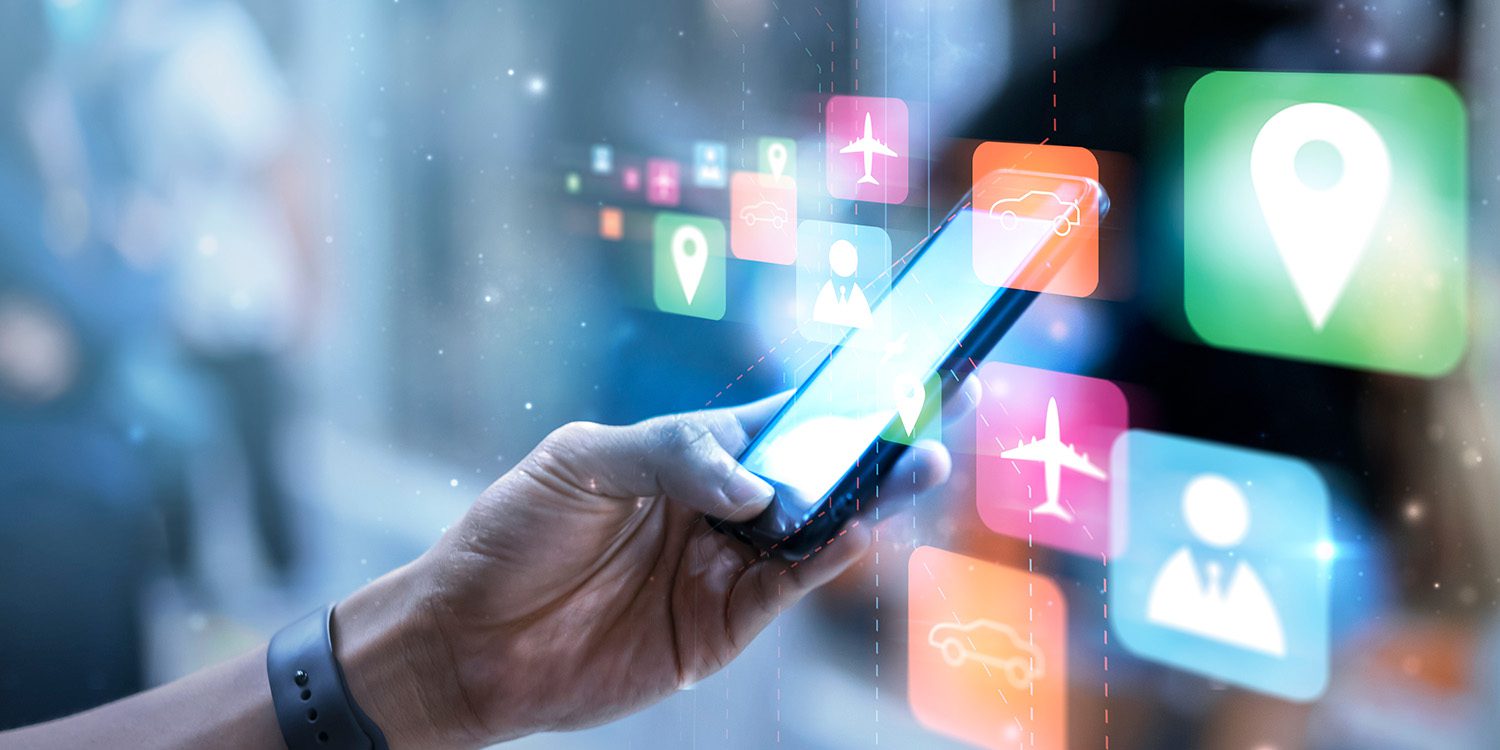As artificial intelligence (AI) continues to evolve, its impact on the travel and hospitality industry is becoming increasingly profound. Here are five predictions for how GenAI will transform the industry, offering a glimpse into an exciting future of personalized and enhanced travel experiences.
1. GenAI will help create hyper-personalized travel experiences
Prediction: By leveraging vast amounts of data and advanced machine learning algorithms, GenAI will offer hyper-personalized travel experiences. From tailored itineraries to customized in-trip recommendations, travelers will enjoy unique journeys that cater precisely to their preferences and needs.
Insights: The challenge is figuring out which data is important. Marketing technology (MarTech) can help travel brands group customers into segments based on similar traits. Companies with advanced data and MarTech capabilities can use AI and ML for more precise segmentation, breaking customers into smaller, more specific groups. The most detailed approach, hyper-segmentation, looks at multiple characteristics of an individual, creating a “segment of one.” This will allow companies to create flexible and strategic customer groups. With the right approach, brands will be able to craft each touchpoint to offer unmatched personalization for each traveler, transforming guest experiences and improving customer satisfaction.
2. Travel planning and booking will become truly seamless
Prediction: The planning and booking process will become entirely seamless (finally!) and hyper-personalized, thanks to GenAI-powered chatbots and virtual assistants. These AI tools will suggest activities and even adapt recommendations in real time based on travelers’ behavior and feedback. They’ll handle everything from initial research to final bookings, providing a hassle-free experience for travelers from start to finish.
Insights: Data sources and systems will be truly connected and accessible and free from siloes. Since it’s data that trains AI, it will integrate with various travel platforms, aggregating data to offer the best deals and options. Natural language processing (NLP) will enable chatbots to understand and respond to even more complex queries and understand context, making the booking process as simple as having a conversation. Speaking of conversation, conversational commerce will bridge the gap between human interaction and online booking platforms, with a personal virtual travel agent ready to customize a traveler’s journey. Travelers can ask questions, share their preferences and get help with making adjustments on the fly.
3. Customer support roles in travel will evolve dramatically
Prediction: Instead of handling routine inquiries, customer support agents will be elevated to focusing on more complex, high-value tasks.
Insights: Since 60% of contact center leaders expect agents to focus on more complex work and another 7% forecast their pivot to more analytical tasks, over two-thirds of organizations believe the role of the agent will be more challenging over the next decade. Future customer support roles will function within a copilot model and emphasize skills in maintaining and optimizing AI systems, interpreting AI-generated insights and handling escalated issues that require a human touch. This shift will create new job opportunities and require agents to develop technical and analytical skills and make complex decisions, coordinate tools, and — most importantly — create connection and empathy between brands and customers. For example, AI will create new opportunities and roles for support reps, such as chatbot developers, conversation designers, AI chatbot strategists, and roles working with chatbot analytics and data collection.
4. There will be a major shift in essential employment skills for the future
Prediction: As GenAI becomes integral to the industry, employers will need to retrain their workforces. The top 10 essential employment skills will include communication, adaptability, collaboration, problem-solving, organizing and prioritizing work, the ability to take initiative, creative thinking, information literacy, emotional intelligence and ethical judgement.
Insights: Employees will need to be proficient at working alongside AI, using its capabilities to enhance their performance. Information literacy, in particular, will become key as workers navigate vast amounts of data generated by AI systems. People will want to build their tech literacy, data-driven decision-making, AI-enhanced creativity and ease with human-machine collaboration. Employees will need to be comfortable with moving through the metaverse and other virtual reality settings.
5. GenAI will enhance operational efficiency and cost reduction
Prediction: From optimizing flight schedules to managing hotel operations, GenAI will streamline processes, reduce waste and improve decision-making.
Insights: Forward-looking customer service and support organizations are already shifting from a reactive strategy designed to limit costs to a predictive strategy that delivers additional value to customers. AI-powered analytics will provide insights into operational performance, identify areas for improvement and suggest cost-saving measures. This will enable travel and hospitality businesses to operate more efficiently, ultimately benefiting both the company and its customers.
Preparing for an AI-driven future
The next decade promises to be an exciting time for the travel and hospitality industry as GenAI is set to reshape every aspect of the customer experience. By embracing these advancements and preparing for the changes ahead, travel and hospitality companies can position themselves at the forefront of innovation and deliver exceptional value to their customers.
For a closer look at how AI is transforming the travel and hospitality industry and best practices for customer experience, read our best practice guide “Travel & hospitality CX: Crafting unforgettable guest journeys.”
